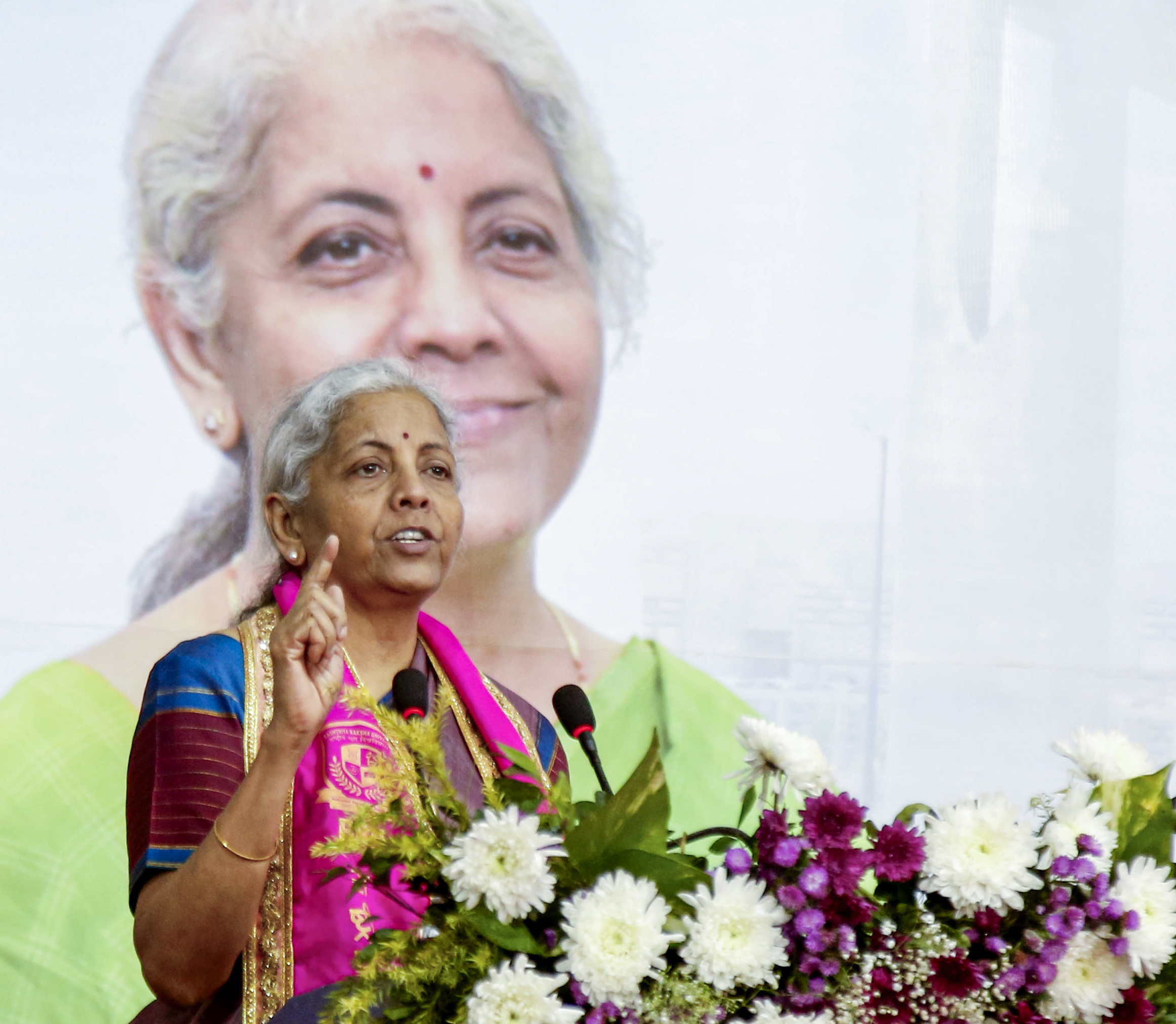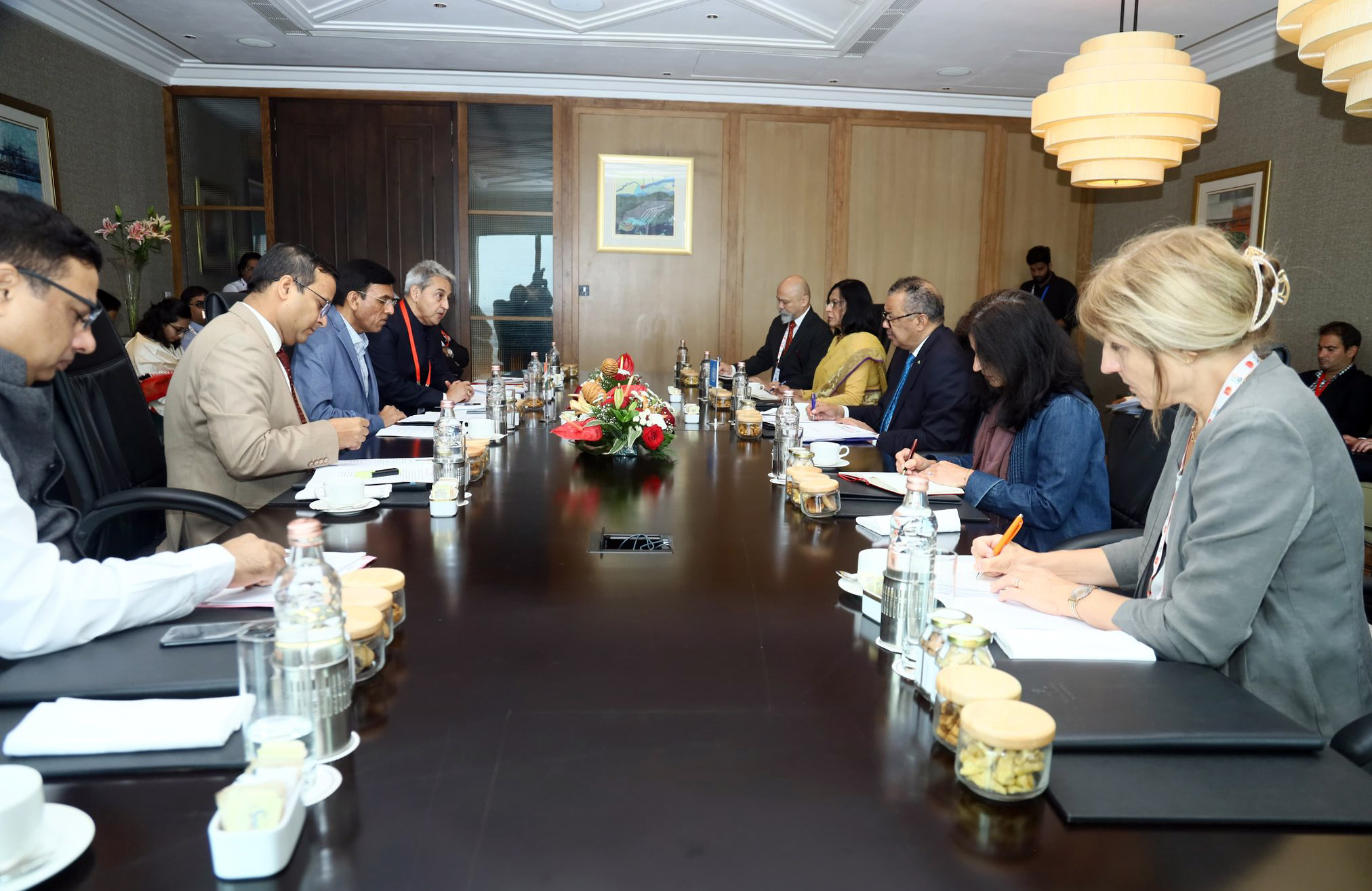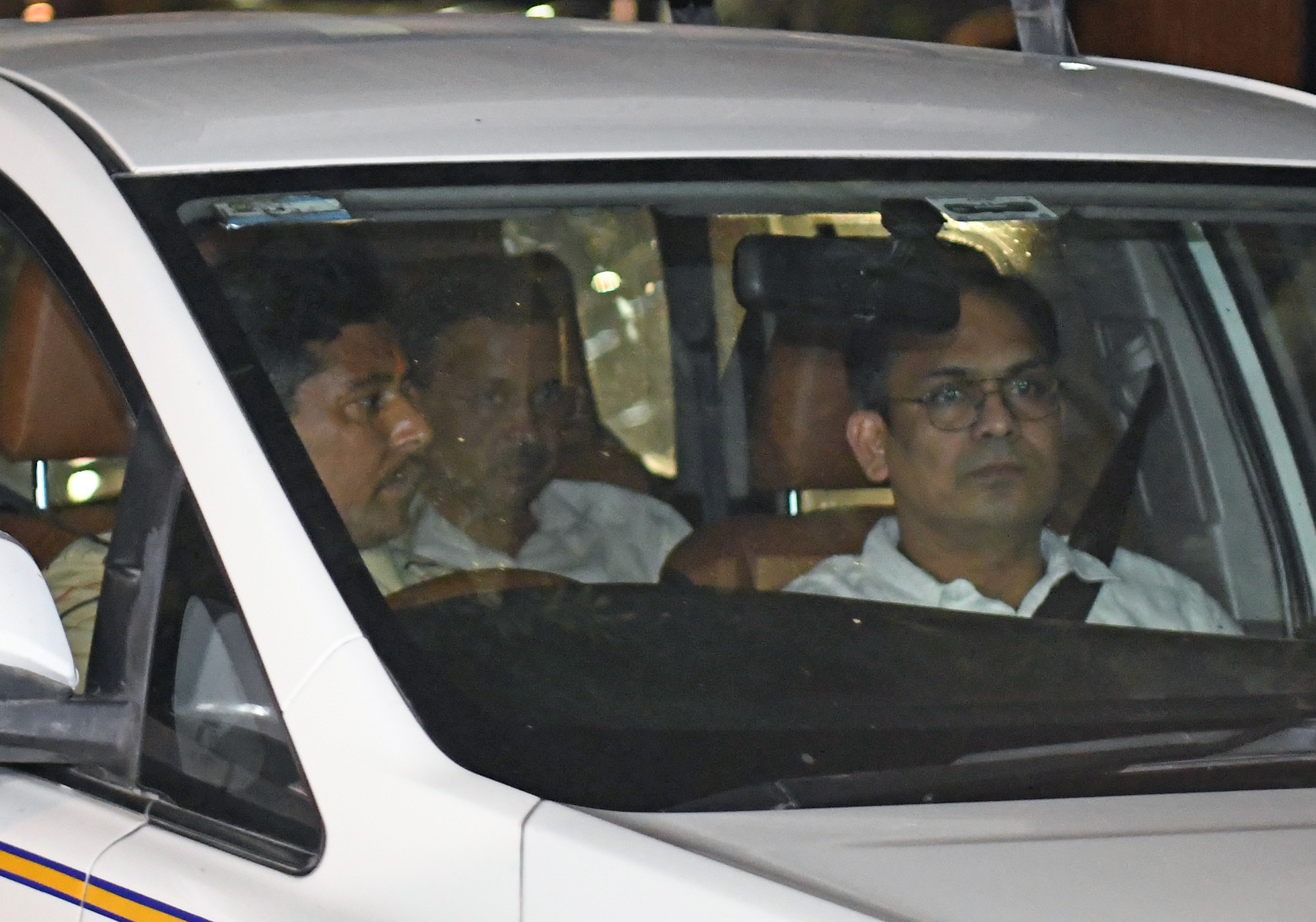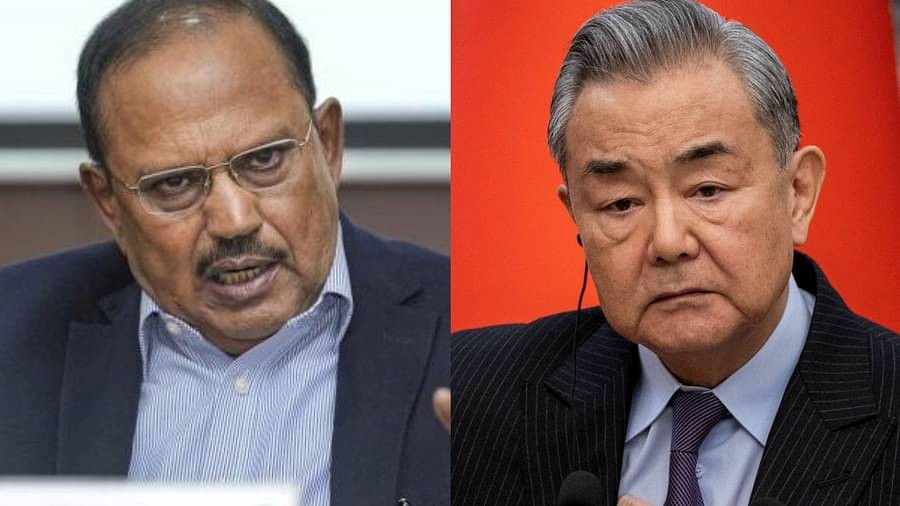US-India tax forum proposes bold reforms ahead of Union Budget 2025-26 to enhance economic competitiveness
Our Bureau
New Delhi
As the Union Budget 2025-26 approaches, the Ministry of Finance on Thursday gave a report card on the achievements and progress made on last year’s budget announcements. The key announcements from the 2024-25 budget, including measures to simplify taxation, reduce litigation, and improve tax certainty, have shown notable progress.
In a social media post on ‘X’ finance ministry stated “let’s reflect on the significant #UnionBudget announcements and other #MajorInitiatives, and the progress made under them over time”.
Reduction in Litigation and Appeals
The Central Board of Direct Taxes (CBDT) has introduced the Vivad Se Vishwas Scheme, 2024, aimed at resolving pending income tax disputes. To expedite the disposal of first appeals, additional officers have been deployed. The monetary limits for filing appeals have been raised to Rs 60 lakh for Tax Tribunals, Rs 2 crore for High Courts, and Rs 5 crore for the Supreme Court, as per CBDT’s guidelines.
The scope of safe harbor rules has been expanded, and transfer pricing assessments are being streamlined to reduce international tax disputes.
Simplification of Capital Gains Taxation
The ministry highlighted that major changes in capital gains taxation were implemented, including the introduction of only two holding periods: one year for listed assets and two years for unlisted and non-financial assets. Long-term gains now attract a reduced tax rate of 12.5 per cent, while short-term gains are taxed at 20 per cent.
To benefit middle- and lower-income groups, the exemption limit for capital gains on certain financial assets was increased to Rs 1.25 lakh per year from Rs 1 lakh a year. The rationalization of tax rates and removal of indexation have simplified computations.
Reassessment and Reopening of Cases
The provisions for reassessment have been thoroughly revised. Assessments can now only be reopened beyond three years if the escaped income exceeds Rs 50 lakh, with a maximum period of five years. For search cases, the reassessment window has been reduced to six years. This move is expected to enhance tax certainty and reduce disputes.
Comprehensive Review of the Income Tax Act, 1961
The government has initiated a complete overhaul of the Income Tax Act, 1961, to make it concise and easier to understand. Over 6,500 suggestions have been received from stakeholders, and 22 specialized committees are reviewing various aspects of the Act. The goal is to complete this exercise within six months.
These reforms highlight the government’s progress on its budget promises on reducing litigation, and fostering a taxpayer-friendly environment.
Meanwhile, as India gears up for the Union Budget 2025-26, the US-India Tax Forum–a specialized Tax Policy Forum under the US-India Strategic Partnership Forum (USISPF)–has presented an ambitious set of recommendations aimed at bolstering the nation’s global economic standing.
Comprising around 200 member companies, the Forum serves as a platform for dialogue on critical tax policy issues, connecting Government of India policymakers, global tax experts, and the business community to champion innovative and forward-thinking tax reforms.
In response to invitations from the Ministry of Finance, the Tax Forum conducted multiple consultations and presented its recommendations on three occasions. These proposals are designed to attract fresh investments, simplify tax structures, and position India as a global growth leader.
Tarun Bajaj, Chairperson of the US-India Tax Forum and former Revenue Secretary, said, “The Union Budget 2025-26 comes at a critical juncture for India’s economic trajectory. As global headwinds persist, it is imperative for India to prioritize reforms that foster investor confidence, simplify the tax regime, and provide targeted incentives for sectors with transformative potential.”
One of the central recommendations focuses on revolutionizing direct taxation. The Forum suggests simplifying the Tax Deduction at Source (TDS) structure to just two or three rates, reducing compliance burdens and enabling businesses to prioritize growth.
To strengthen the industrial ecosystem, the Forum also proposes introducing a reduced 15 per cent tax rate for Maintenance, Repair, and Overhaul (MRO) firms.
The Forum also suggests overhauling indirect taxation by simplifying the customs tariff structure to a three-tier system with rates of 0 per cent, 5 per cent, and 10 per cent.
This alignment with international standards is expected to attract investments in key sectors such as electronics manufacturing. Recognizing the growing significance of digital economies, the Forum proposes introducing refund mechanisms for the Equalization Levy (EL) in cases of revised tax liabilities and simplifying tax return forms for foreign companies without permanent establishments.

























